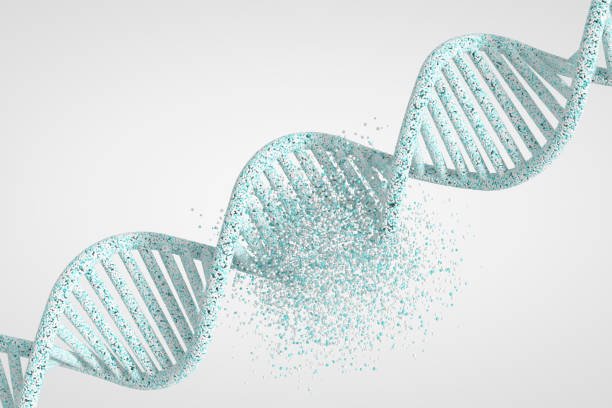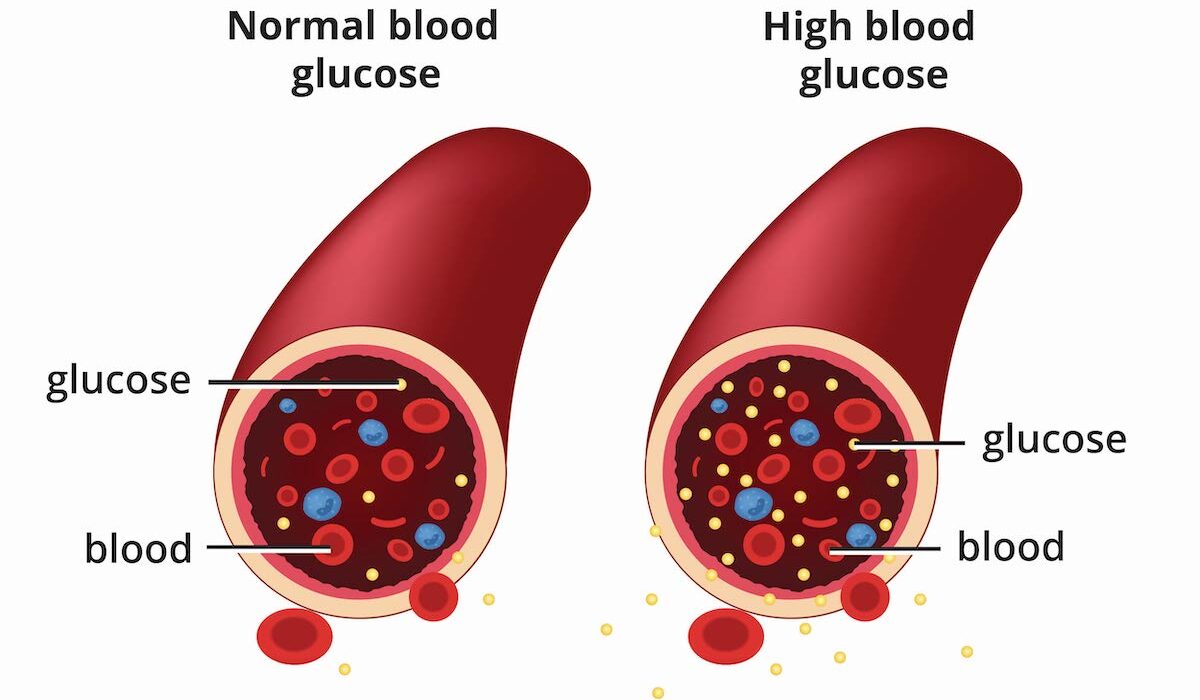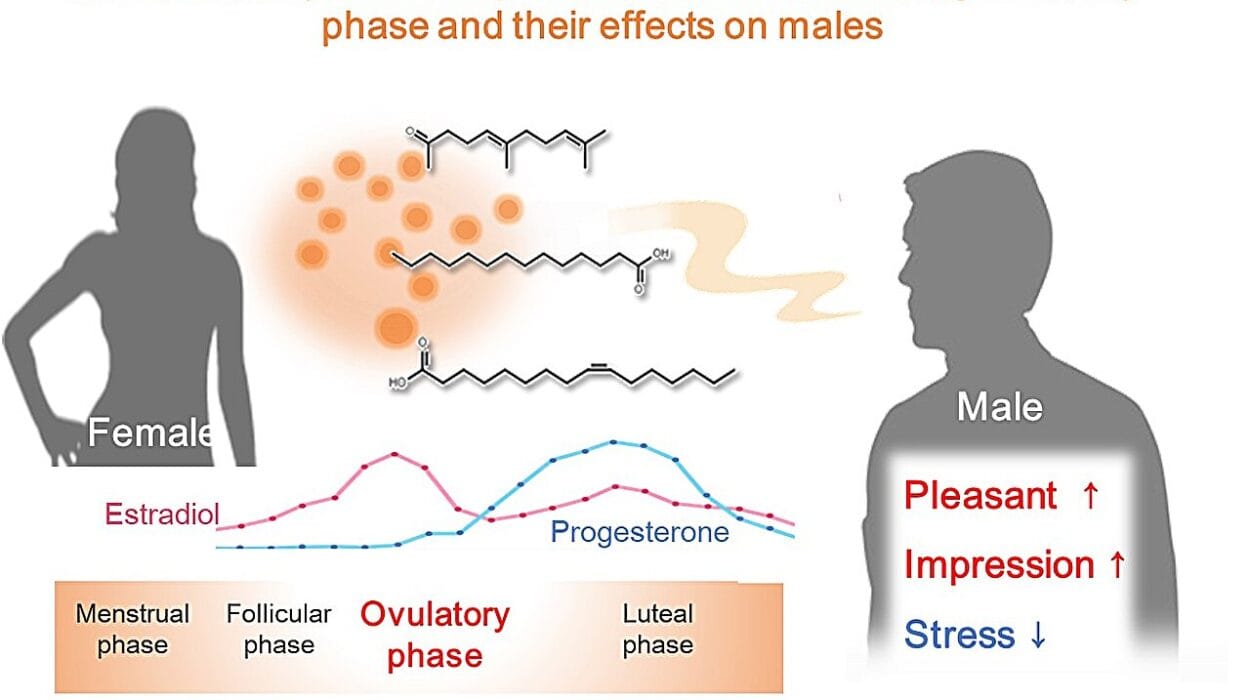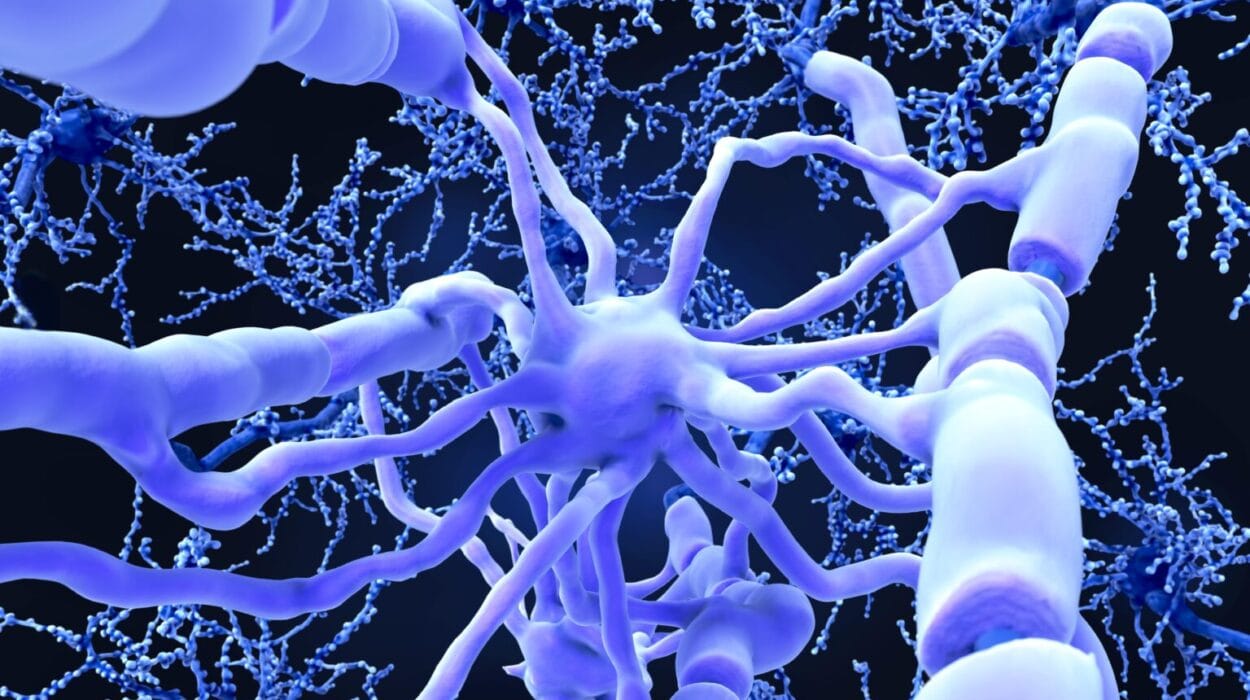Recent advancements in genetic research are laying the foundation for what could be a monumental shift in how we approach the prevention of complex, heritable diseases. A group of scientists from various Australian research institutions has proposed a groundbreaking approach that involves editing multiple genetic variants in human embryos. This could, according to their study, dramatically reduce the likelihood of developing complex conditions such as coronary artery disease, Alzheimer’s disease, major depressive disorder, diabetes, and schizophrenia.
This research builds upon the accelerating field of germline genome editing—a technology that modifies the genetic material in human embryos, and whose applications could one day extend to the elimination of certain inherited conditions before birth. The scientific community has been divided on this issue, as it raises both technical and ethical questions that demand careful consideration. This discussion gained international attention following the controversial birth of Lulu and Nana, genetically edited twins born in 2018, which ignited debates around the regulation and safety of such technologies. The situation took a further twist in 2020 with the birth of Aurea, the first child born through embryo screening using polygenic scores, illustrating both the promise and complexities of these genetic innovations.
The Promise of Genetic Interventions
Genome-based diseases place an immense strain not only on individuals but also on healthcare systems globally. These conditions, often caused by complex interactions between multiple genetic variants, can lead to premature mortality, chronic illness, and a significant reduction in quality of life. Addressing these genetic predispositions through interventions such as genome editing could potentially alleviate both the human suffering and economic costs associated with these diseases. By preventing diseases like coronary artery disease, diabetes, and schizophrenia before they manifest, these technologies offer an optimistic future where generations of individuals are less burdened by inherited health conditions.
The study published in Nature titled, “Heritable polygenic editing: the next frontier in genomic medicine?”, showcases the results of an in-depth analysis using mathematical modeling and liability threshold frameworks to explore the impact of editing multiple genetic variants associated with complex diseases. Researchers employed genome-wide association studies (GWAS) to identify genetic variants tied to conditions like Alzheimer’s, type 2 diabetes, and mental health disorders, and then simulated the effects of editing these variants in human embryos.
Through these simulations, the study found that altering as few as 10 genetic loci could result in significant reductions in the prevalence of these diseases. For instance, they projected that modifying 10 variants associated with Alzheimer’s could reduce its lifetime prevalence from about 5% to less than 0.6% in individuals with edited genomes. The potential for similar reductions in conditions like schizophrenia, type 2 diabetes, and coronary artery disease highlights the transformative possibilities of genetic editing. Editing specific variants related to blood pressure, cholesterol, and glucose metabolism could also mitigate the risk of developing a range of chronic health issues later in life.
While this discovery is fascinating, it’s important to recognize that the technology to implement such changes is still in its infancy. The study, although promising, does not suggest that such interventions will occur imminently. Instead, it raises essential questions about the feasibility, safety, and ethical considerations of genetically editing embryos to lower the incidence of complex diseases in future generations.
Ethical and Practical Concerns
The potential of genetic interventions to prevent suffering is undeniable, yet the proposed research has sparked concerns from multiple sectors of the scientific community and beyond. A companion article, titled “Human embryo editing against disease is unsafe and unproven—despite rosy predictions,” published alongside the study, presents several criticisms of the research’s assumptions and the practical application of genetic editing technologies.
One significant concern is the current state of gene-editing technologies. Despite the excitement surrounding innovations like CRISPR-Cas9, the precision and accuracy of these tools are still being refined. The possibility of off-target effects, where unintended parts of the genome are altered, remains a challenge. These issues could lead to unexpected genetic changes that might cause harmful consequences, potentially even contributing to the very diseases researchers aim to prevent.
Another challenge lies in the identification of causal gene variants. While GWAS have made substantial progress in identifying genetic associations with complex diseases, pinpointing the exact genetic changes that cause these conditions is far from straightforward. The interactions between multiple genetic variants, as well as the influence of environmental factors, complicate the ability to target the right genes with precision.
The phenomenon of pleiotropy, where a single genetic variant influences multiple traits, is another critical issue. For example, editing a gene to reduce the risk of Alzheimer’s disease might unintentionally affect other aspects of health, potentially increasing susceptibility to other conditions. This could create a scenario where, instead of improving overall health, gene editing might create unforeseen complications, thus raising questions about the net benefit of such interventions.
These concerns lead to a broader set of ethical and social issues that must be considered. The question of whether we should engage in germline editing of embryos, and potentially pass on these genetic modifications to future generations, is not just a technical one—it is deeply ethical. Critics of the technology point to issues such as unnaturalness, stigmatization, discrimination, and inequality that could arise from widespread use of genetic editing. What happens if only certain groups have access to these technologies, or if certain traits are deemed more “desirable” than others?
There is also the matter of reproductive autonomy. Parents may be faced with the decision of whether to use genetic screening or editing technologies to give their children the best chance of avoiding diseases, but at what cost? Could this lead to a new form of eugenics, where society pressures individuals to conform to certain genetic norms? And how might this affect relationships within families, and society’s perceptions of disabilities or those living with inherited conditions?
For individuals with a family history of debilitating genetic diseases, the technology may seem like a life-saving option. The potential to eliminate the genetic markers of diseases like Alzheimer’s or coronary artery disease before they even have a chance to take root may offer hope to families devastated by these conditions. However, for those without such a personal connection, the societal concerns about fairness, discrimination, and unintended consequences of genetic editing might feel more pressing.
A Complex Future
Despite the significant obstacles, the study’s findings underscore the potential promise of genome editing in transforming how we address complex diseases. As the technology evolves, it may one day be possible to create “disease-proof” embryos, free from the genetic predispositions that once led to heart disease, cancer, or mental health disorders. However, as the study itself points out, we are still a long way from seeing such interventions in practice.
In the interim, the ethical implications of this research demand careful and thoughtful engagement. The study advocates for international cooperation on the regulation of gene-editing technologies, and for rigorous ethical deliberation regarding their potential uses. As the field continues to advance, it will be essential to ensure that we proceed with caution, transparency, and an understanding of the long-term consequences of altering the human genome.
Ultimately, the promise of genetic interventions is significant, but it also carries with it deep questions about what it means to be human, what risks we are willing to take in the pursuit of health, and how we define fairness and equality in a society that is increasingly capable of controlling its biological future. These are not questions that science alone can answer. They require input from ethicists, policymakers, and society at large. Only through this collaborative effort can we hope to navigate the complexities of genetic medicine in a way that benefits all of humanity.
Conclusion
The proposed research on genetic editing in human embryos offers exciting possibilities for preventing complex, heritable diseases and improving global health. By editing multiple genetic variants, scientists suggest that we could significantly reduce the prevalence of conditions like Alzheimer’s, coronary artery disease, and schizophrenia, potentially alleviating immense human suffering and healthcare costs. However, this promising future is fraught with ethical, technical, and societal challenges. The precision of current gene-editing tools, the complexity of identifying causal gene variants, and the potential for unintended consequences all underscore the need for caution. Ethical concerns about inequality, reproductive autonomy, and the societal impact of genetic modifications further complicate the discussion. As the technology advances, international cooperation, rigorous regulation, and open ethical deliberation will be essential in navigating the complexities of genome editing. Ultimately, while the promise of genetic interventions is profound, careful consideration is necessary to ensure they benefit humanity without unforeseen risks.
References: Peter M. Visscher et al, Heritable polygenic editing: the next frontier in genomic medicine?, Nature (2025). DOI: 10.1038/s41586-024-08300-4
Shai Carmi et al, Human embryo editing against disease is unsafe and unproven—despite rosy predictions, Nature (2025). DOI: 10.1038/d41586-024-04105-7
We need to talk about human genome editing, Nature (2025). DOI: 10.1038/d41586-025-00015-4






